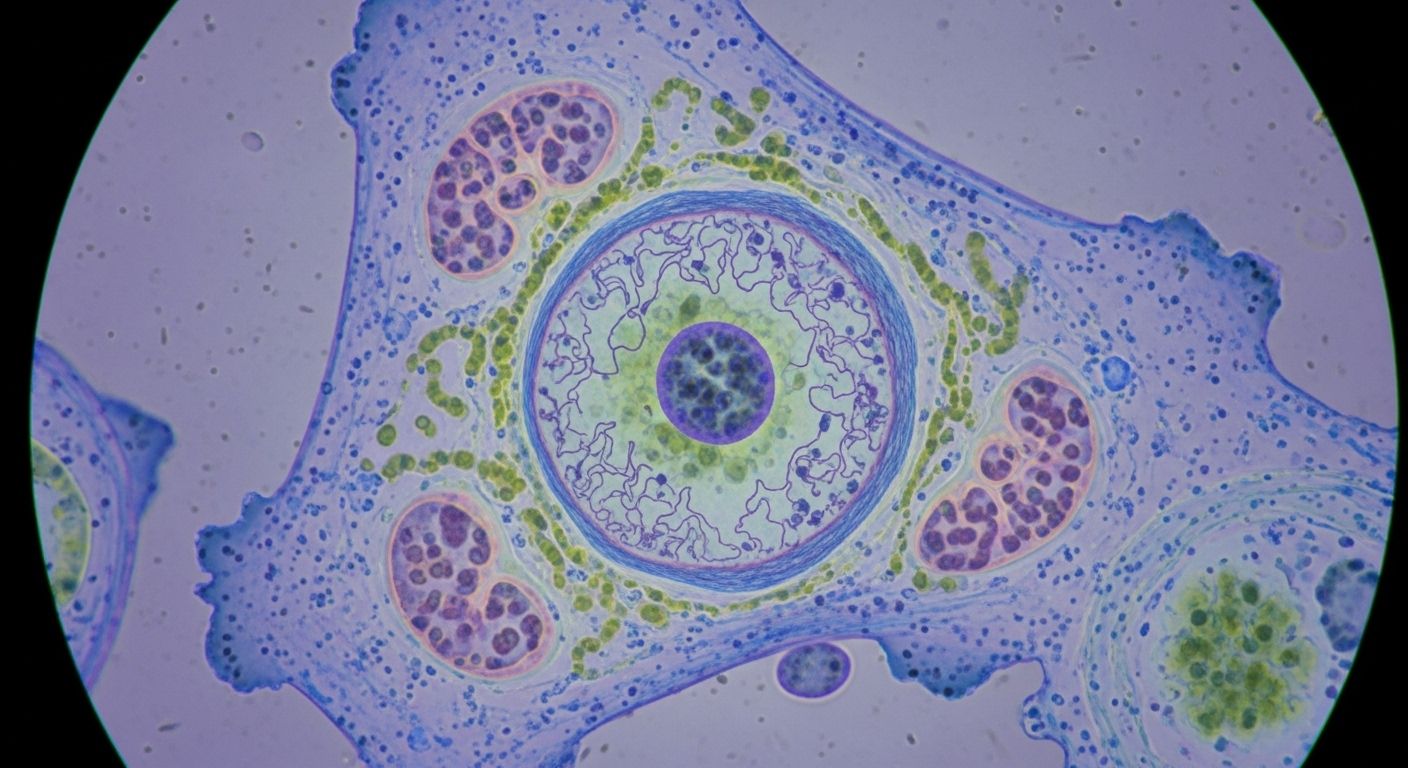
“Cellular Processes and Energy” explores the intricate mechanisms that sustain life at the cellular level. This course delves into how cells function, communicate, and generate energy—revealing the dynamic systems that power everything from microscopic organisms to complex multicellular life.
Students will investigate key biological processes such as cellular respiration, photosynthesis, protein synthesis, cell division, and membrane transport. Each of these processes plays a critical role in maintaining cellular homeostasis, supporting growth and development, and enabling organisms to respond to their environments.
A major focus of the course is on energy transformation and flow within cells. Learners will examine how cells capture, store, and use energy—primarily through the production of ATP—to drive essential functions like movement, repair, reproduction, and communication. The course also highlights the importance of enzymes, biochemical pathways, and organelles like mitochondria and chloroplasts in facilitating these energy-dependent processes.
Through interactive lessons, lab activities, and real-world applications, students will gain a deeper understanding of how cellular processes are interconnected and how energy fuels life. By the end of the course, learners will be equipped to explain how cells operate, how energy is harnessed and utilized, and why these processes are vital to all living organisms.